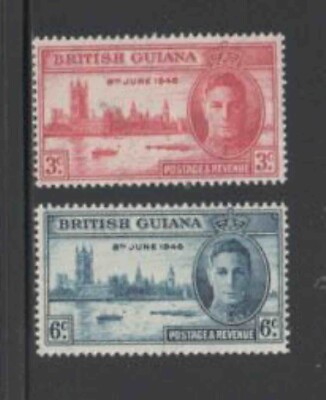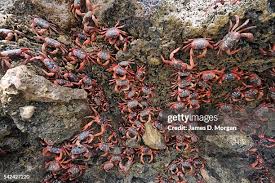Understanding Guinean Culture and Recent Developments

The Essence of Guinean Culture
Guinea, a West African nation bordered by the Atlantic Ocean, is a country rich in cultural diversity and traditions. With over 24 ethnic groups, the Guinean population exhibits a vibrant tapestry of languages, customs, and practices. The primary ethnic groups include the Fulani, Malinke, and Soussou, each contributing to the country’s cultural fabric. Traditional music, dance, and oral storytelling are integral to Guinean culture, reflecting both historical narratives and lived experiences of its people.
Political Landscape and Recent Developments
In recent years, Guinea has experienced political upheaval, particularly after the controversial 2020 presidential election where President Alpha Condé extended his tenure by changing the constitution. Following mass protests and unrest, a military coup took place in September 2021, resulting in the ousting of Condé. The transitional government, led by Colonel Mamady Doumbouya, has been working towards stabilising the nation amidst economic challenges and calls for a return to civilian rule.
Recent Economic Challenges
Guinea is endowed with significant mineral resources, especially bauxite, which is essential for aluminium production. However, the political instability has had severe implications for economic growth and foreign investment. In 2023, the nation’s economy faces challenges such as inflation and supply chain disruptions exacerbated by global events, including the COVID-19 pandemic and the crisis in Ukraine. Agricultural production, another key sector, has also been impacted, demanding urgent attention and support.
The Role of International Cooperation
International organisations and regional partners, including ECOWAS, have been closely monitoring the situation in Guinea. There are ongoing discussions about the timeline for transitioning back to democratic governance and restoring stability. The international community continues to provide humanitarian assistance while urging for a collaborative dialogue among Guinean leaders to ensure lasting peace and development.
Conclusion
The Guinean people, known for their resilience and rich cultural heritage, are facing a crucial moment in their history. As the nation grapples with political and economic challenges, the path forward will require unity and strategic support from within and beyond its borders. Understanding the significance of current events and cultural dynamics is essential for fostering international solidarity and promoting a brighter future for Guinea.









